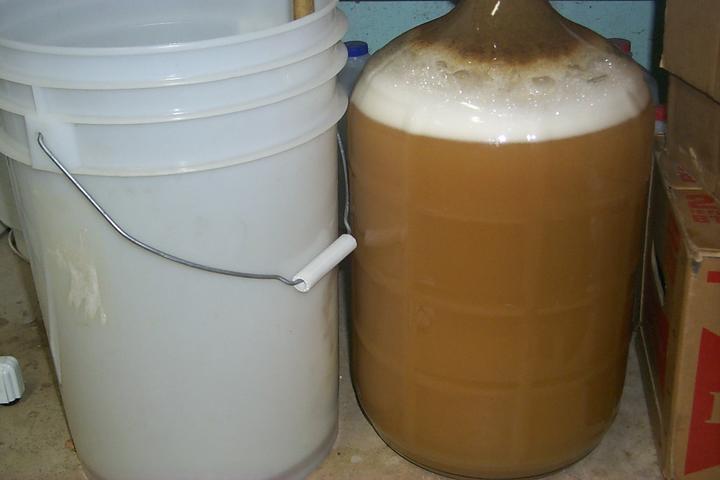I really enjoy Geocaching. I have not had a chance to get out much, but spring is almost here, so I will likely hit the trails again.
Basically the way it works is that you get a GPS unit. I use the Garmin Legend , but any GPS works just fine. You then visit a website that lists Geocaches. Geocaching.com is the most common one, but there are some alternative sites to choose from as well.
, but any GPS works just fine. You then visit a website that lists Geocaches. Geocaching.com is the most common one, but there are some alternative sites to choose from as well.
You can usually enter the Zip code, or Coordinates of your location, and it will bring up a list of Caches near you. You can then upload these into your GPS and use it to navigate to the location.
Caches come in all shapes and sizes. Some are made out of altoids tins or 35mm canisters, but I have seen some as big as 5 gallon ice cream buckets. Often they are ammunition cans or tupperware containers. Sometimes they are cleverly concealed in an urban environment, while other times they hidden in the forest.
Geocachers take pride in being friends to the environment, as such, they don't hide caches in places where you have to disturb nature to find them. They are never buried. There is also a very strong "Cache In Trash Out" program. Geocachers like to leave the environment cleaner than it was before they came. Geocaches also should never be placed on private property without the owners permission.
Usually the Caches are filled with nothing of importance. McDonalds toys and souvineer type trinkets seem to be the most common prizes. Inside each cache is a logbook that you can sign. The typical protocol is that if you take something from a cache, you place something else as a prize for the next visitor. While I have seen caches with 100 dollar bills for prizes, most often the real prize is the location that the cache is hidden. This is especially cool when you are traveling. I have gone geocaching in Yakima, Portland, and the Oregon Coast, and I found some places that I never would have seen if a geocache hadn't lead me there. I have also found several Geocaches in Dishman hills, and Manito Park. Even locally you learn a lot about your neighborhood when you really take time to look at it!
So far, I have hidden One Geocache, up on Day Mountain in Mount Spokane State Park It is in an absolutely cool location, with a 300 degree view of Spokane and Stevens counties.
Geocaching is a relatively inexpensive hobby. You can get a GPS for under 100 dollars if you shop around. After tthe initial investment, your only expense is batteries to keep it running, and gas to get you to the neighborhood that it is hidden in. The kids love it as well.
Below is a photo of my kids and I after discovering a geocache .3 miles from our house.

